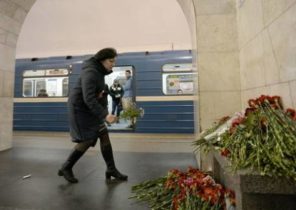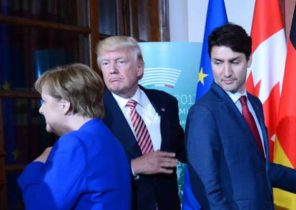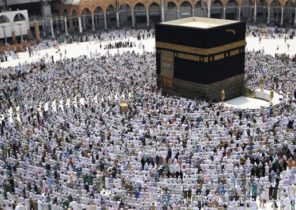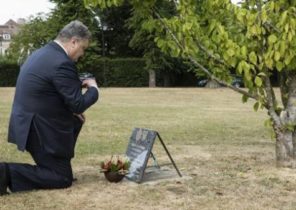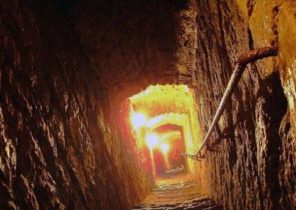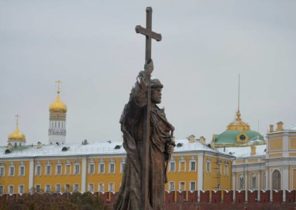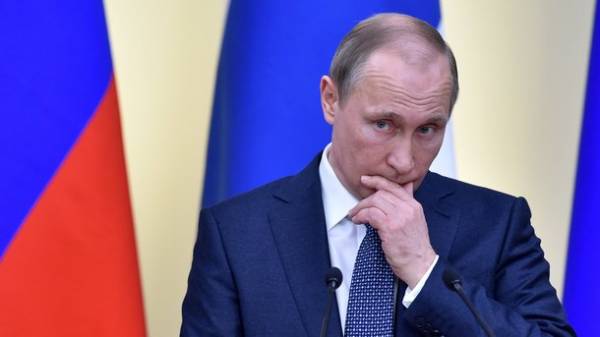
In the Kremlin began a struggle over who will succeed Russian President Vladimir Putin. About it writes the Financial Times citing an unnamed source familiar with Putin, reports ZN.ua.
The publication notes that in the 17 years of the authoritarian system, which the Russian President has built, is showing signs of internal division. No one expects the ambitions of Alexei Navalny will be able to prevent the re-election of the current Russian President. But uncertainty about what will happen later, fuelled the ambitions of many powerful individuals in the Kremlin and throughout Russia, pushing them to conflict.
Putin remains the main arbiter of Russian politics. Loyal elite of the security services of business and across the political spectrum from nationalists to social-Democrats make it a popular leader. The level of support is 80%. The emergence of a real rival seems unreal.
“But Putin will be 71 when he completes his next six-year term. And plan for succession there,” – says the article.
“Everything is stable, because we all know that he will again run for office and, of course, wins. But the situation is unstable and at the same time, because everything is tied to it,” – said the publication of another former official, associated with the Kremlin.
The sources believe that the successor or “grow” elite, or Putin himself will do what Boris Yeltsin in 1999, and appoint the future President and Prime Minister.
Dmitry Medvedev who for years remained a reliable ally probably got a promise from Putin that he will lead the government until 2018. But his positions seem to be vulnerable. The newspaper reminds that the massive protests have erupted in Russia because the Bulk of the film about the corruption Medvedev. The Prime Minister denied all charges. But it “makes it more likely his resignation”.
So says the analyst of “Center for political technologies” Tatyana Stanovaya. Somebody in Moscow thinks that the head of the presidential administration Sergei Kiriyenko or young economy Minister Maxim Oreshkin can replace Medvedev. But Putin in the past two years was removed from the Kremlin, a number of allies, officials, regional leaders and influential leaders of the security services, thus expanding choice. Political “heavyweights” were replaced by the young and loyal to President people. “Those who prove their efficiency and loyalty, can get on the list of finalists for the role of the future successor. But it’s a long process,” said a former Russian official.
One of the consequences of the internal struggle that can be noticed, was the fact that the political elite have begun to more aggressively promote their interests. The collapse of oil prices and the recession have reduced revenues to the Russian budget. Regional elites are becoming less obedient. The governors of economically successful Tatarstan and Kaluga oblast in January, dared to criticize the Federal government for the transfer of a large part of their money to poor regions.
Another example of disobedience occurred in Chechnya. Talk about the sale of local business to Rosneft, the regional government began the conflict between the head of the oil company Igor Sechin and the leader of the Caucasian Republic Ramzan Kadyrov. Kadyrov did not want to pay the price that put “Rosneft”, stating that its branch in Chechnya is not worth much. A source close to Sechin said that the oligarch is not afraid of the conflict with the Chechen leader.
Meanwhile, the speaker of the state Duma Vyacheslav Volodin is trying to strengthen the position of the lower house of the Russian Parliament against the Kremlin. He is trying to secure for themselves greater power in the process of government decision-making, hoping to become a significant contender for the role of President after Putin.
The Pro-Kremlin party is also trying to gain more space for political maneuvers. For example, the Communist party tries to take advantage of popular discontent, which Navalny mobilized. The Communists are threatening to withdraw from the annual report of Medvedev’s speech on April 19, if he does not give clarification on corruption charges. At the same time, Stanovaya believes that any real political change is still far away. “They will only happen when we see an open split of the elites,” she said.
Recall, Russian President Vladimir Putin said he will not tolerate in Russia a “color revolution”, as it occurs in different countries of the world.
